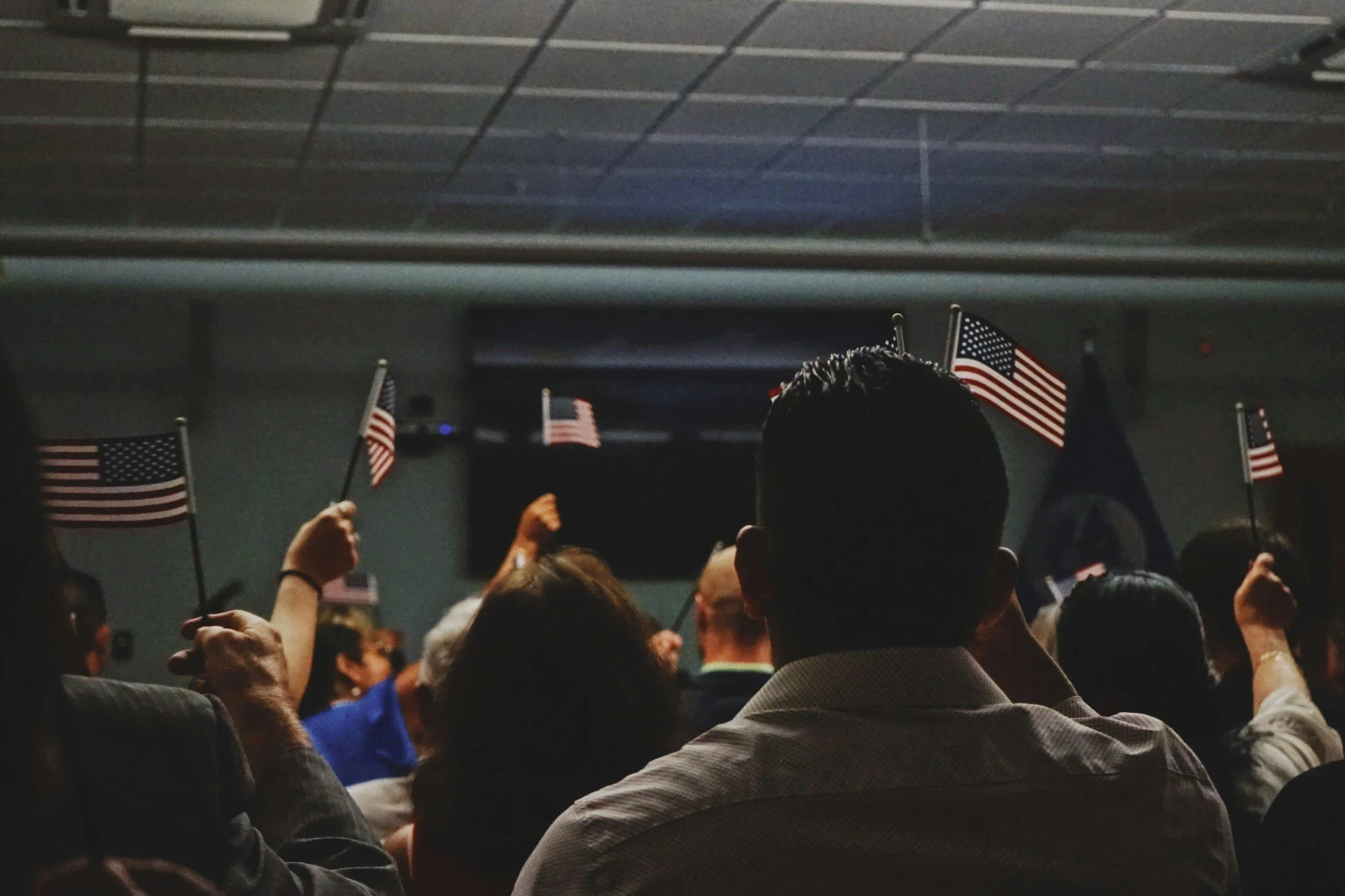Protecting the Value of American Citizenship: Immigration and Exclusion in the Trump Era
On January 20, 2025, President Trump issued Executive Order 14160, titled “Protecting the Meaning and Value of American Citizenship.” Children born after February 19, 2025 to mothers who are unlawfully present in the United States and fathers who are not citizens or legal permanent residents of the United States will not be recognized as birthright citizens. Children who are born after February 19, 2025 to mothers who are lawfully but temporarily present in the United States (visiting the United States on a student, work, or tourist visa) and fathers who are not citizens or legal permanent residents of the United States will also not be recognized as birthright citizens.
Analyzing the executive order, we cannot ignore the inherently dangerous language of the mandate. The title itself suggests a devaluation of American citizenship that should be defended. This rhetoric seems to be a pattern throughout the titles of Trump’s executive orders, yet it seems ironic that president Trump’s definition of “protecting” and “reforming” the lives of Americans is by establishing increased legal barriers. I would argue that the value of American citizenship hinges on its appeal and availability to immigrants.
The Trump administration acknowledges the flaws of the Dred Scott v. Sandford decision, which misinterpreted the Constitution as permanently excluding people of African descent from eligibility for United States citizenship solely based on their race. The ratification of the Fourteenth Amendment in 1868 declared that “all persons born or naturalized in the United States, and subject to the jurisdiction thereof, are citizens of the United States and of the State wherein they reside,” reversing the decision of the Dred Scott case. However, the administration rejects the widely-held notion that the Fourteenth Amendment provides birthright citizenship to everyone born on US soil. The executive order is founded on the basis that the Fourteenth Amendment states citizenship is not granted universally to everyone born within the United States but rather only to those “subject to the jurisdiction thereof.” The Trump administration’s interpretation of this five letter phrase is supported by scholars who claim the authors of the 14th amendment did not intend to give citizenship to the children of noncitizens.
However, the Supreme Court Case United States v. Wong Kim Ark addressed this issue more than a century ago, in 1898. In the late 19th century, a series of Immigration acts including the Chinese Exclusion Act of 1882 prohibited Chinese laborers from immigrating to the United States. Wong Kim Ark was born in San Francisco to Chinese immigrant parents who, after residing in the United States for over 20 years, decided to return back to China. With the increased restrictions in immigration laws, Wong was denied entry back to the United States after visiting his parents on the grounds that he was not a citizen of the United States. The Supreme Court was forced to judge the question: is a child born in the United States of parents of Chinese citizenship a citizen of the United States?
The court decided 6-2 in favor of Wong, declaring him a citizen of the United States. In the final verdict, Chief Justice Melville Fuller states, “The Constitution nowhere defines the meaning of these words [subject to the jurisdiction thereof], either by way of inclusion or of exclusion.” Resorting to the common law, Justice Fuller determined the phrase should be interpreted as anyone present in the US, except for the children of diplomats and enemy soldiers.
President Trump proposed a similar executive order during his first term in 2016. Then, many doubted such a proposal would succeed. In a 2018 interview with Kentucky radio station WVLK, speaker of the House Paul Ryan simply stated, “You cannot end birthright citizenship with an executive order.” Now, the unthinkable has become a reality. However, immigrants rights advocates are standing up in defense by suing the Trump Administration over his executive order. On January 20, the same day Executive Order 14160 was filed, the American Civil Liberties Union and 9 other organizations filed New Hampshire Indonesian Community Support v. Donald J. Trump in which they requested the District Court of New Hampshire to declare the Executive Order is unconstitutional and unlawful as well as preliminarily and permanently enjoin the Trump Administration from enforcing the Executive Order. The plaintiffs argue “The Executive Order violates 8 U.S.C. § 1401 et seq. because it denies citizenship to the children of noncitizens who are born in the United States and subject to the jurisdiction of the United States.” With an impending response by the Trump Administration, it is reasonable to expect that this case will remain a topic of lasting debate as it is potentially argued before the Supreme Court. Currently, an In Chambers Conference is scheduled for March 5, 2025 before Judge Joseph N. Laplante.
Jamie Jaehee Jung is a freshman at Brown University concentrating in International and Public Affairs and Computer Science. She is a blog writer for the Brown Undergraduate Law Review and can be contacted at jaehee_jung@brown.edu.
Veronica Dickstein is a junior at Brown University concentrating in International and Public Affairs. She is a staff editor for the Brown Undergraduate Law Review and can be contacted at veronica_dickstein@brown.edu.
